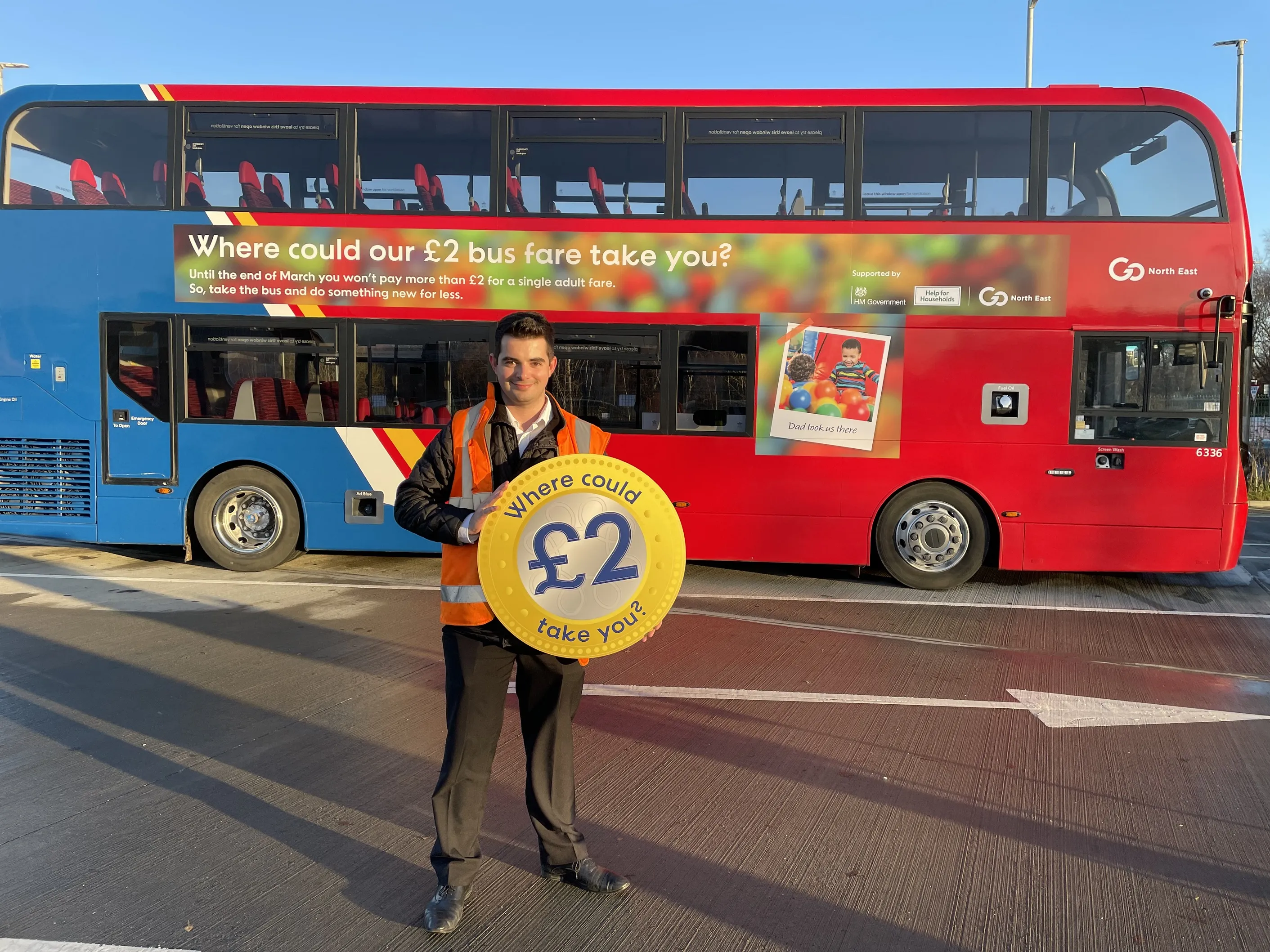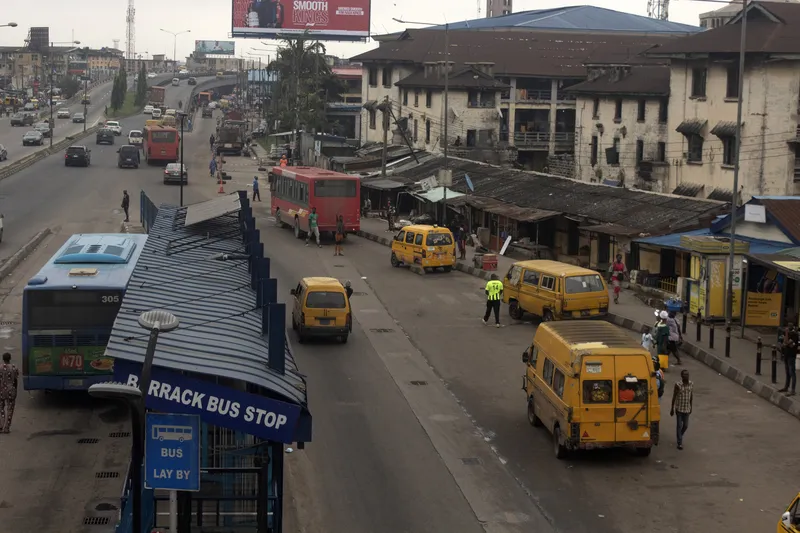
Bus company Go-Ahead says it has carried 10 million passengers at the UK nationwide promotional fare of £2 since 1 January this year.
That's when the UK government began funding a scheme capping the price of bus travel as part of its Help for Households initiative.
Go-Ahead says its bus companies outside the capital, London, have sold more than £20 million worth of tickets.
The biggest seller of discount tickets in its network is Brighton & Hove Buses and Metrobus, where more than 2.5 million passengers have travelled at £2, Go-Ahead says.
A route in Buckinghamshire (Route 102, which runs from Heathrow Airport to High Wycombe via Beaconsfield and Gerrard’s Cross) operated by Go-Ahead’s Carousel Buses has seen a 130% uplift in passenger numbers since the beginning of the year.
Initially planned to run until the end of March, the £2 adult single fares offer across England was recently extended by three months to the end of June, backed with an additional £75 million of funding from the Department for Transport.
Martin Dean, Go-Ahead’s MD, regional bus, says: “The £2 fare cap is an excellent initiative to promote bus travel, and it is great news that it will continue. This valuable funding will safeguard hundreds of routes which are commercially challenging but important for local people."
“Buses provide vital connections for local communities across the UK", he added.
Participating Go-Ahead bus companies include:
• Brighton & Hove Buses and Metrobus
• Go South Coast – Bluestar, Morebus, Southern Vectis, Salisbury Reds and Swindon’s Bus Company
• Go South West – Plymouth Citybus, Go Cornwall, Go Devon and Dartline
• The Oxford Bus Company – including Carousel Buses and Thames Travel
• Go East Anglia – Konectbus, Hedingham and Chambers
• East Yorkshire Buses
• Go North East
Go-Ahead is offering passengers the chance to enter a prize competition by submitting a short video of their £2 bus, journey, route, or destination, with an Apple iPhone for the winner.
Videos of up to 1 minute 30 seconds are eligible – entries can be submitted here - and shortlisted entries will be shared on the group’s social media channels.









